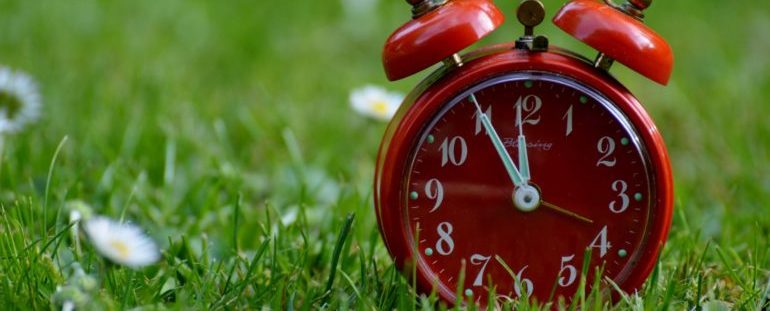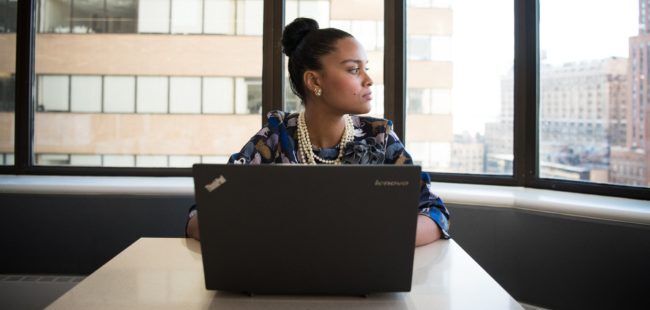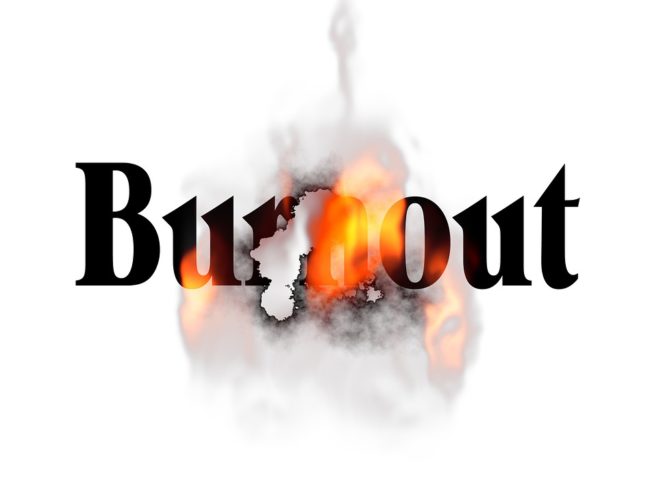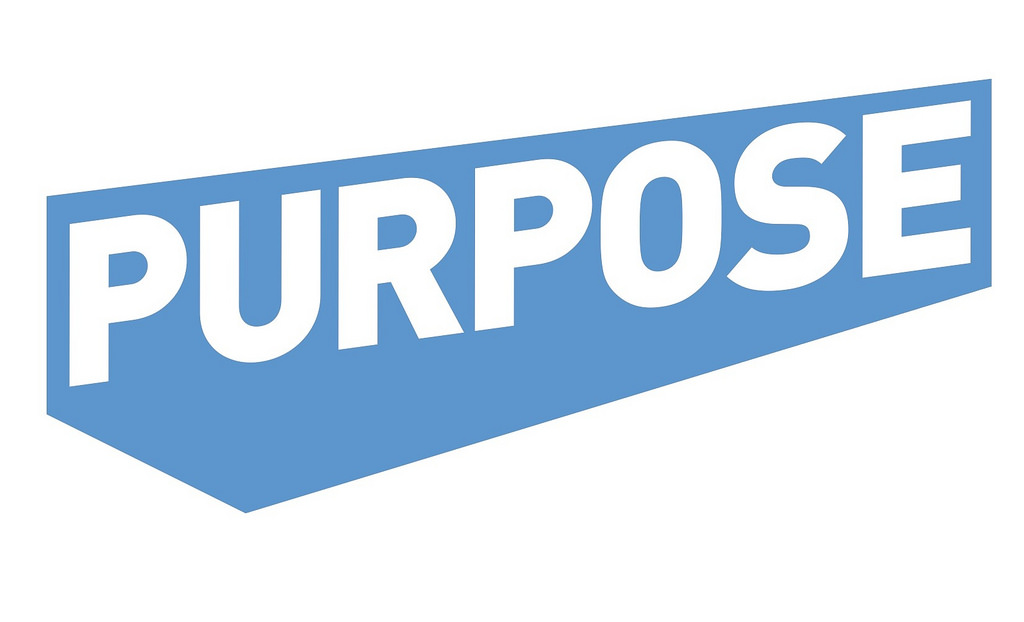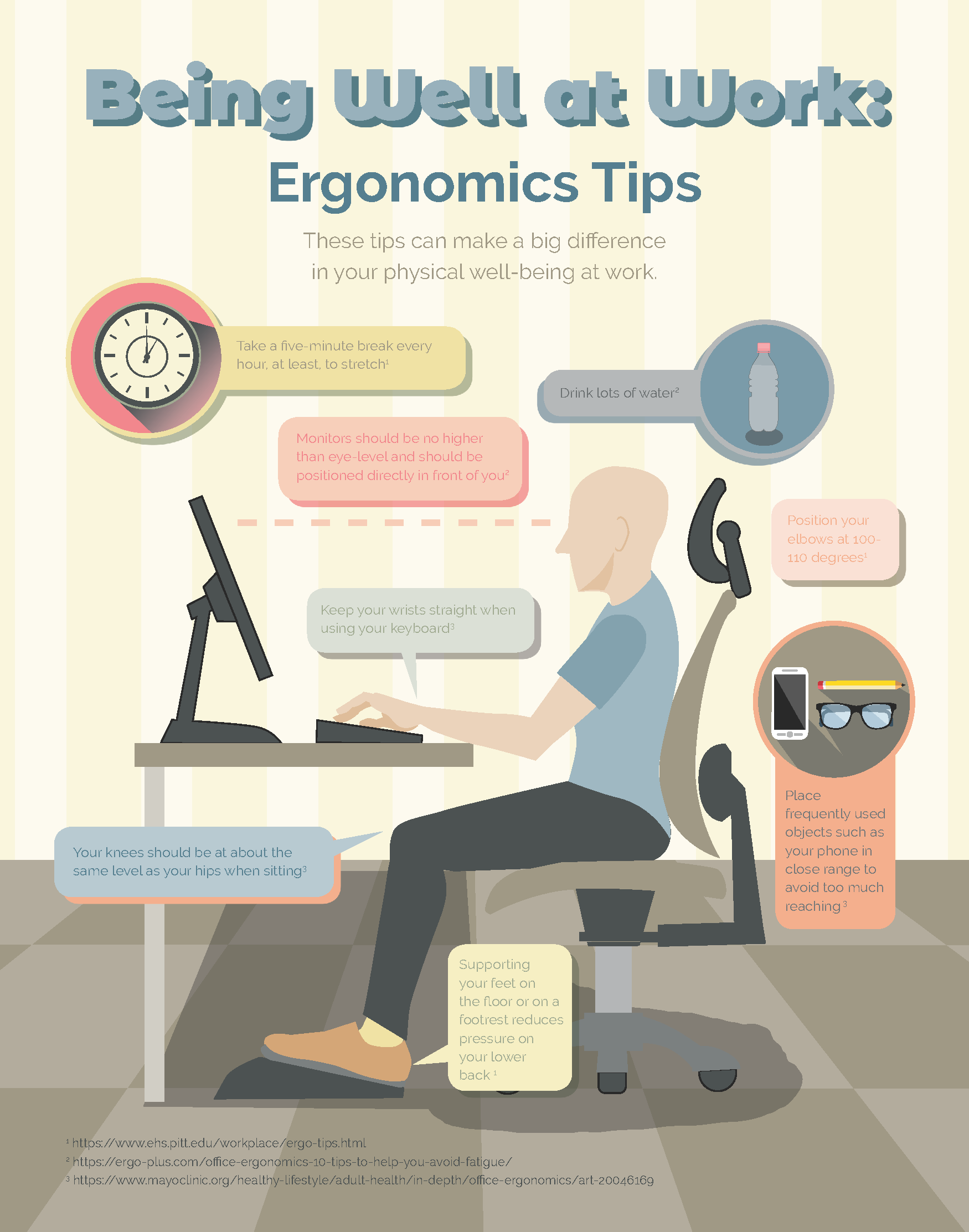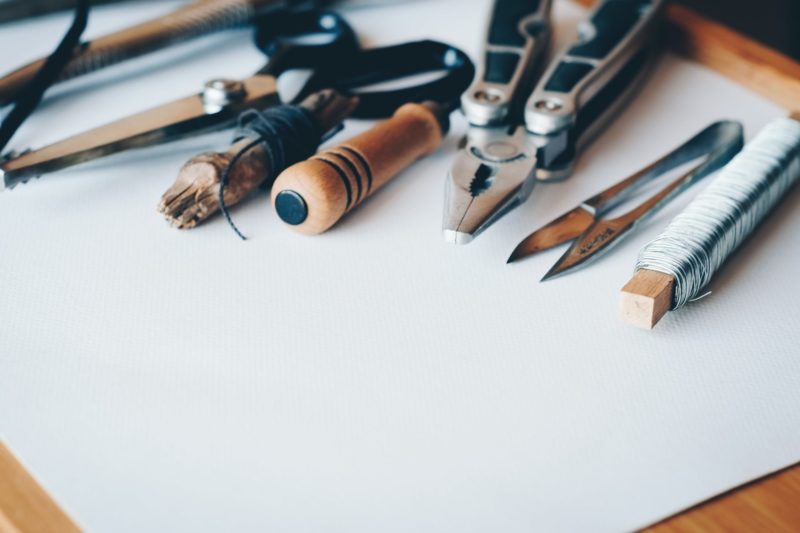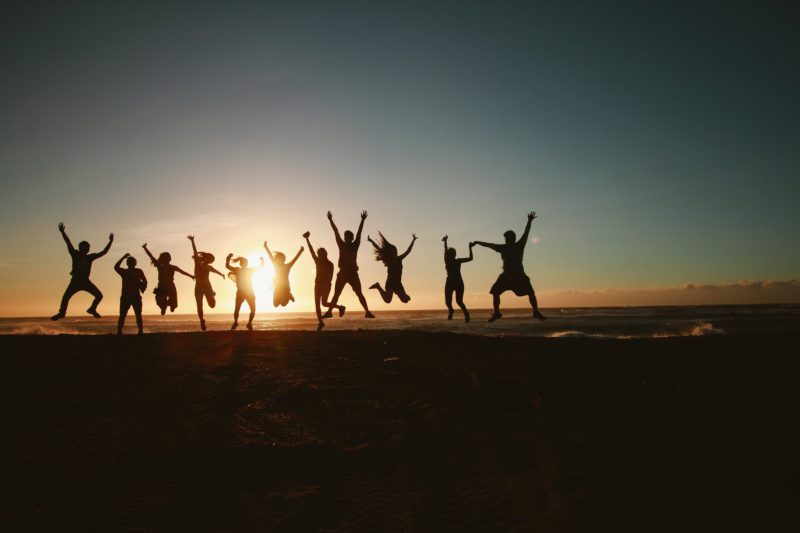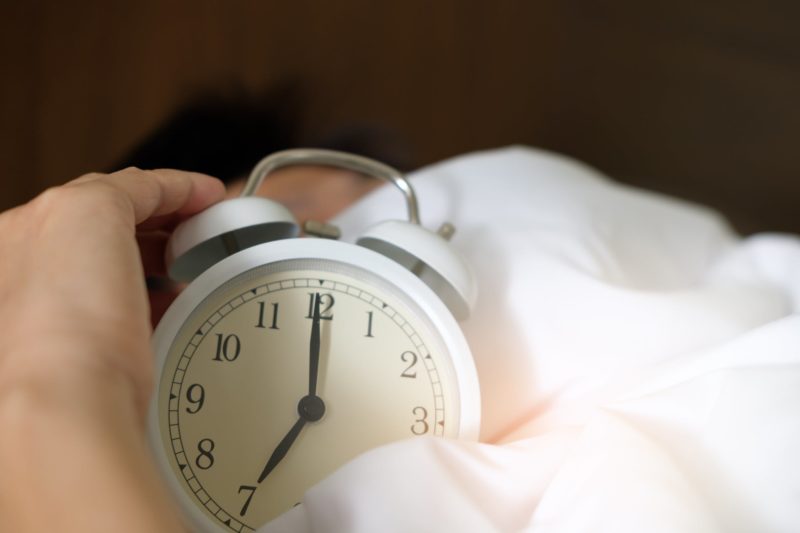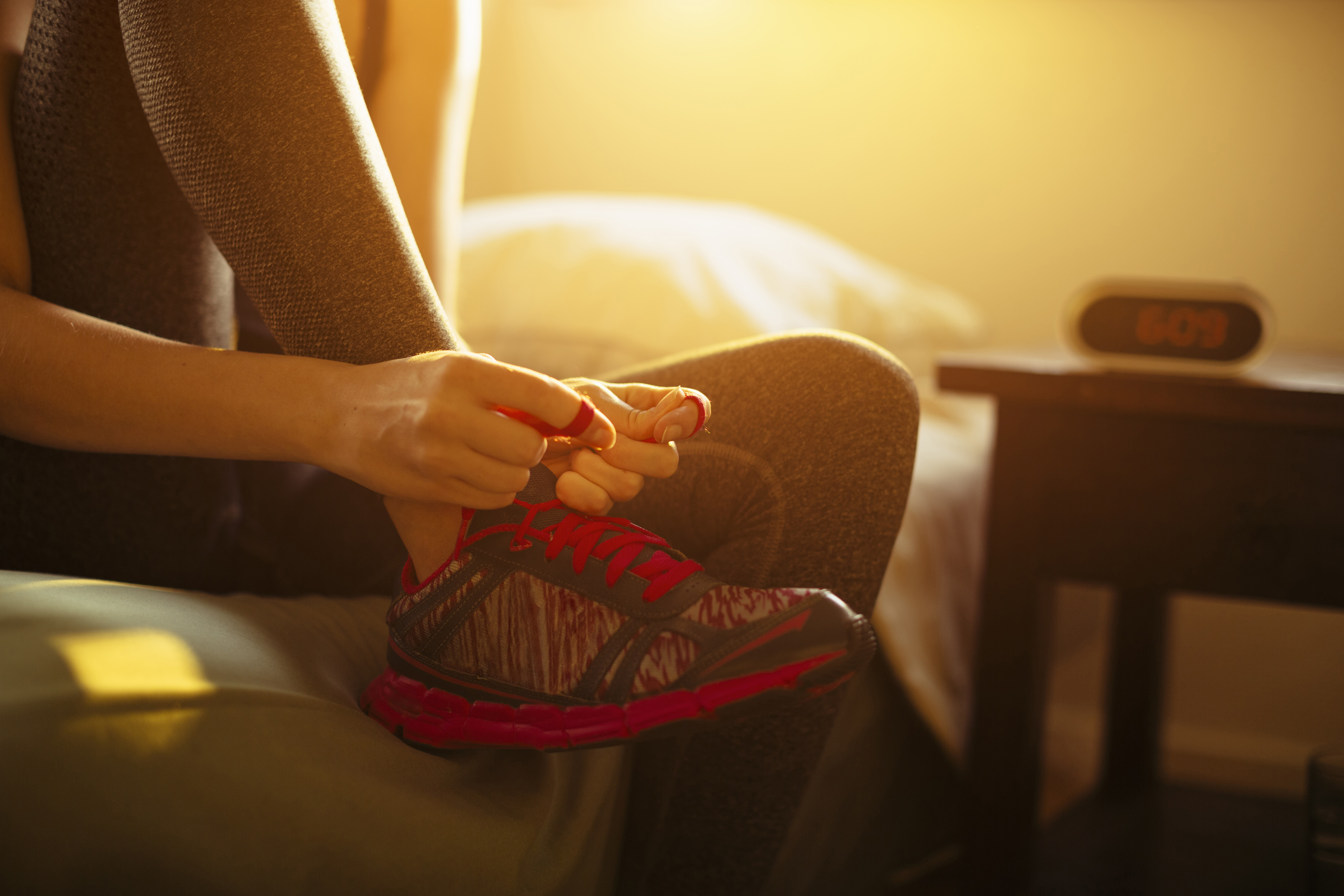By Monty McIntyre
The Problem:
Lawyers know that the law is a “jealous mistress.” It demands lots of our time and attention and includes constant deadlines set by others. This can cause stress. The Internet and Social Media have made life even more stressful with constant input 24/7 and demands for an immediate response from our clients and others.
Most people these days go to sleep with their phones next to their bed and are awakened throughout the night by texts, emails, etc. The first thing they do when they wake up is go to their phone to start reading and responding to their messages.
There are two big problems with this approach. First, you let others determine how your day begins. Second, you let others and their agendas control and determine your agenda for the day.
There is a better way. You just need to develop a daily morning routine where you determine how your day begins and you set your agenda for the day.
My Morning Routine:
There is no right or wrong way to set your morning routine. The key is to set it and stick to it. If you do you will be amazed by the benefits you get from it.
To give you an example, here is my daily morning routine.
The Night Before
My morning routine starts the night before. Every night between 6 and 7 pm I take my phone into my home office and set it on my desk to recharge overnight. I don’t look at the phone for the rest of that night and until after I have finished my morning routine the following day.
Wake Up, Go Outside, Look at the Sky and Give Thanks
I’m an early riser and I wake up every day at 5 a.m. I get up, put on some clothes, and walk outside into the backyard. I look up to see what display the sky has for me that morning. Every morning is different and every morning is a masterpiece. Sometimes a clear sky with brilliant stars and the moon. Other mornings clouds with stars and the moon. Some mornings there will be low clouds covering the entire sky. The first thing I do is notice what the sky looks like.
Next, I give thanks for the new day. I say “Good morning God, good morning moon, good morning stars, good morning earth. Thank you for the gift of this new day. Thank you for the blessing of this new day. Help me make the most of this new day.” You can give thanks anyway you want to. The words are less important than truly being thankful for the gift of the new day.
Meditate
I then go inside the house to a quiet place and meditate for 15 minutes. There are many benefits of meditation. I won’t discuss those here, but I will outline a process you can use. I close my eyes and focus my awareness on my breathing. When I first started meditating I counted my breath. There are many ways to do this. You can count every inhale breath, or every exhale breath, etc. You can count up to 10, and then back down to 1, and back up again. When you meditate thoughts will come into your brain. When they come just release them. If you are counting breaths and you lose count, go back to 1. Don’t worry about the thoughts entering your mind. This will happen. Just start over.
Intentions
After I meditate I quietly say my intentions for the day. The concept of intentions is that what you focus on you will tend to attract. It is similar to goal setting but somewhat different. Here is how I start my daily intentions: “I am intending, creating and enjoying a life full of all the good things that my heart truly desires: love, joy, happiness, peace, health, balance, wholeness….”
Read a Digital Paper
I read the digital copy of the New York Times each morning. The benefit of reading a digital paper is that I focus on what I want to read, not on what others want to tell me. This is another way to control the start of your day.
Plan My Day
I next create my agenda for the day. I create a list of a few key things that I need to accomplish this day. Further down on the list I include other items that I can work on after I complete my key tasks. I also include on the list the names of any people that I need to contact that day.
Start to Work
I only begin to work, including looking at emails, etc., after I have finished my morning routine.
Your Morning Routine:
There is no right or wrong way to create your own morning routine. You just need to set it and stick to it. I hope you develop and start your own morning routine today.You will enjoy a wonderful start to each day, and will regain control of your agenda instead of letting others control it.
There is no better time to start than now!
Do well and be well.™
Monty McIntyre is an Arbitrator & Referee with ADR Services, Inc. Read More
